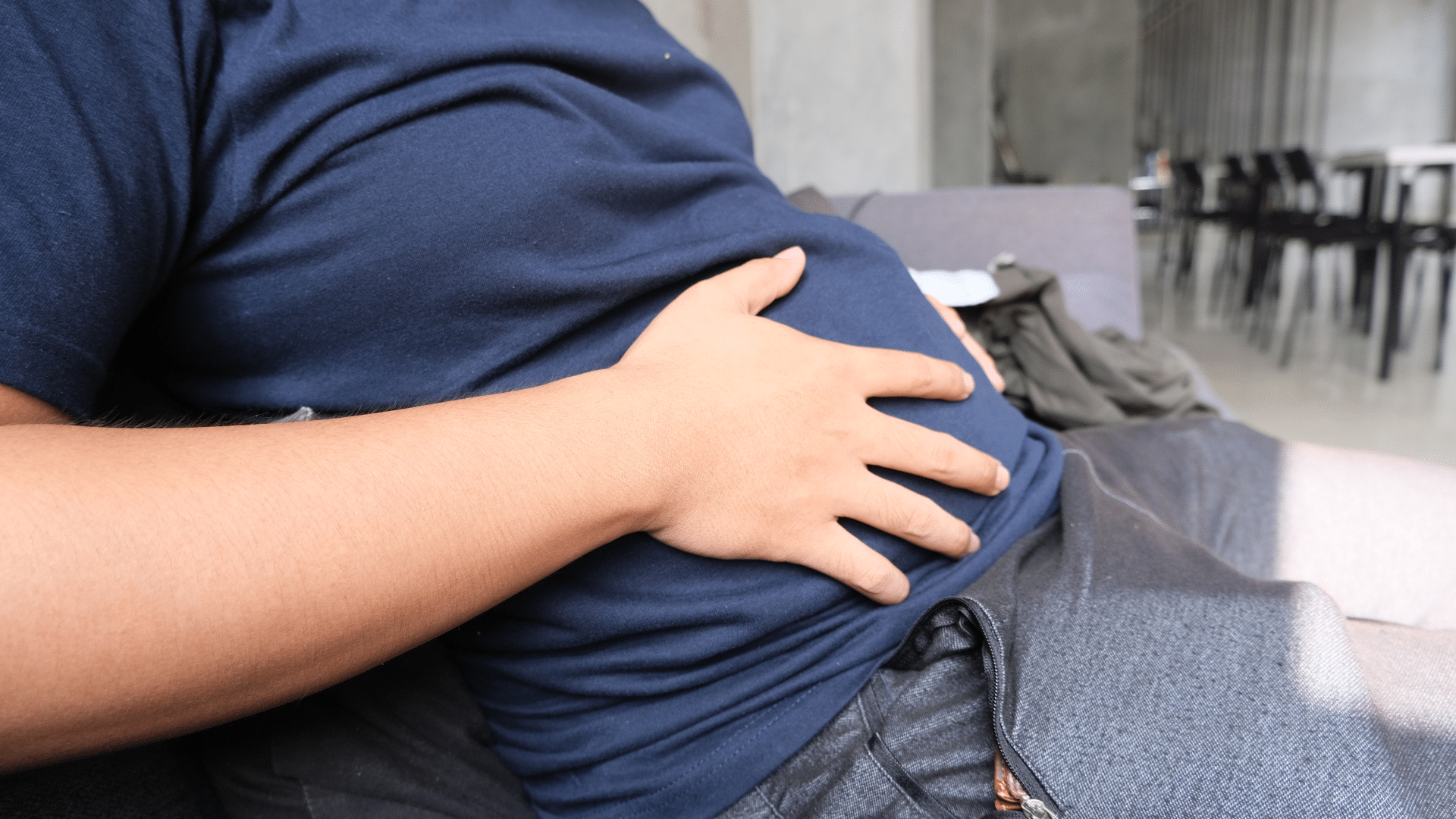Bloating
Are you experiencing bloating in John’s Creek, GA? Don’t let discomfort disrupt your life. Bloating, while common, can be distressing and affect your daily activities. At our gastroenterology clinic, we understand the impact bloating can have on your well-being. That’s why we provide personalized treatment plans to address the root cause of your bloating and help you find relief.


What is Bloating?
Bloating is characterized by a feeling of discomfort or fullness in the abdomen, often accompanied by a sensation of tightness and swelling. It can also lead to gas and belching. Common causes of bloating include overeating, constipation, gastrointestinal conditions like Irritable Bowel Syndrome (IBS), and food intolerances such as lactose or gluten intolerance.
Symptoms of Bloating
In addition to abdominal discomfort, bloating can manifest as stomach rumbling or gurgling, abdominal pain, nausea, and visible or palpable abdominal distention. These symptoms can vary in severity and duration, affecting your overall quality of life.
How to Treat Bloating
Treatment for bloating depends on its underlying cause. Strategies to alleviate bloating may include:
- Eating smaller, more frequent meals
- Avoiding gas-producing foods such as beans, cabbage, and carbonated beverages
- Drinking plenty of water to aid digestion
- Engaging in regular physical activity to promote bowel regularity
- Managing stress through relaxation techniques such as deep breathing or meditation
- Keeping a food diary to identify and avoid triggers

Our Gastroenterology Clinic Services
At our Gastroenterology Clinic in John’s Creek, GA, we offer comprehensive diagnostic tests and treatments for bloating and other gastrointestinal conditions. Our experienced and compassionate team understands the importance of individualized care and considers your cultural background and values when developing treatment plans.
Frequently Asked Questions (FAQ)
Contact us today to schedule an appointment and take the first step toward relieving your bloating and improving your digestive health.






